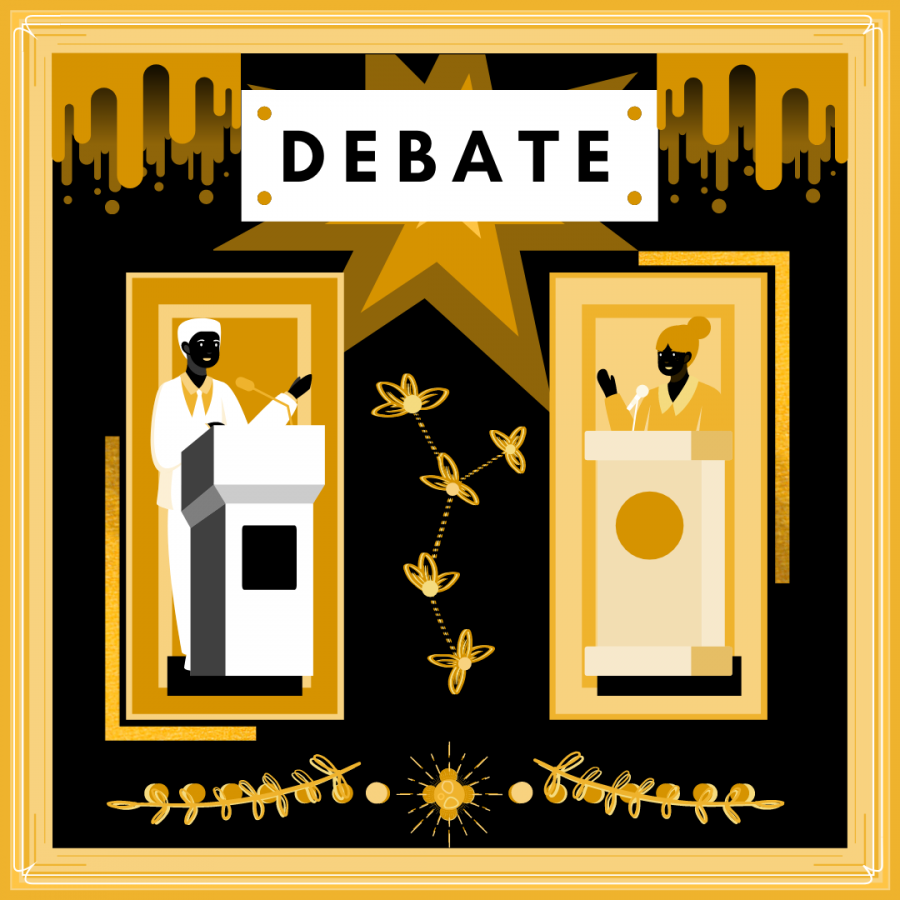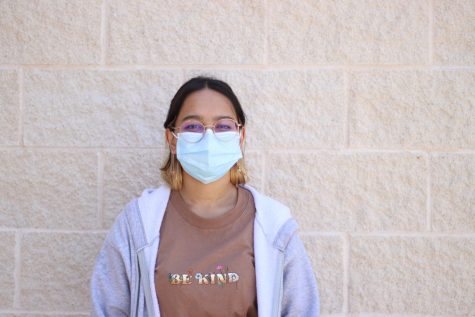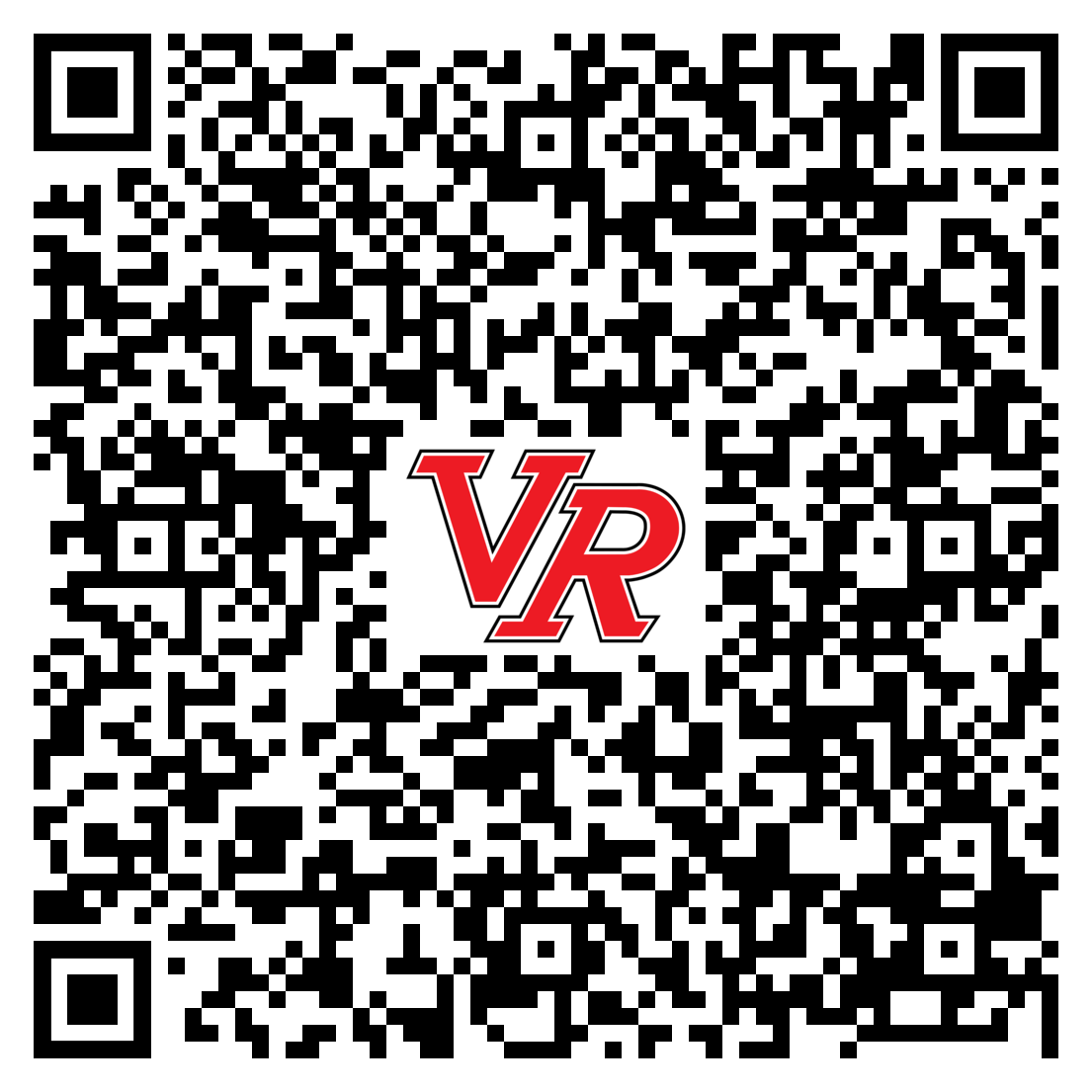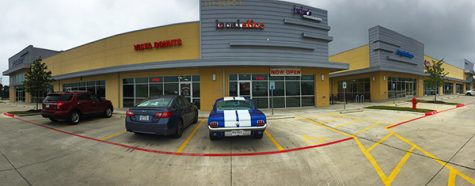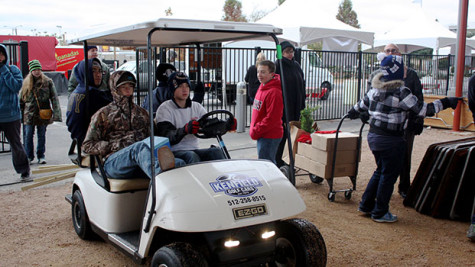Debate Team Adjusts to Virtual Competitions Due to Pandemic
October 19, 2020
Impact calculus. Structural Violence. Framework. Debate president Ramya Nambala frantically scribbles debate jargon down on her paper, struggling to keep up with the glitching computer audio.
Due to the COVID-19 pandemic, the debate team has shifted its tournaments to online platforms for the first time. The team held their own tournament this past weekend.
“For the most part, everyone has been adapting very well,” debate captain Amod Daherkar said. “Despite debating online, the core fundamentals of debate are still the same. It is still a game of persuasion and strategy. The strategic decisions teams choose to make still bear the same consequences.”
Debate tournaments are now hosted through online mediums such as Zoom or NSDA Campus, with competitors only seeing each other during rounds. Students use the website, Tabroom, which is used to display and run tournament data to reach their rounds and view all information.
“I really do miss the social aspect,” Daherkar said. “A huge part of tournaments is being able to socialize, meet teams and connect with other schools. Although it is not impossible in an online setting, it is definitely much more difficult. It was great being able to physically meet and compete against other teams on the circuit.”
Several students on the debate team competed in different events prior to this year. However, the entire debate team switched over to Public Forum, which is a partner debate event, to make the online process simpler.
“[Public Forum] has been great, honestly,” Nambala said. “Lincoln-Douglas debate, my previous event, is a whole world of pain if you don’t already go to an established private or extremely wealthy public school. Public Forum debate is much more accessible and fun especially since you don’t have to compete by yourself.”
Since students were competing in Public Forum for the first time, many chose to go to debate camp to learn about the topic, “Medicare For All,” and the basics of PF debate. Due to the virus, however, the debate camps were also held online.
“[Camp] was great, but we didn’t have the full experience we would’ve had with an in-person debate camp,” Nambala said. “Debate is very much a social event. Last year at debate camp, I was able to make a plethora of connections with other debaters. This year, I wasn’t able to make as many.”
For tournaments, the team would typically travel together early in the morning and meet at a common location before and after rounds. In an online setting, the team has opted to use Zoom calls in between rounds to discuss and hang out.
“The team dynamic is just different in normal tournaments,” Nambala said. “We get to sit around a table, prep, play games, talk, and become closer to one another. I miss the laughter we shared together. In online tournaments, there’s no need to fill time with jokes or team bonding. Even if we make time for it, it’s just not the same.”
Many students on the team aim to qualify for the Texas Forensics Association State tournament by collecting state points through winning rounds. The team’s next tournament is at Austin SFA on Oct. 23.
“As the debate captain, I have had the unique opportunity to see the Vista Debate team grow over the last few years,” Daherkar said. “It has definitely been a challenge being able to ensure every single team is as ready as possible. Thankfully, we have an excellent team of resourceful officers who have worked with me to mentor teams and help them prepare to have the most successful debate year possible.”

